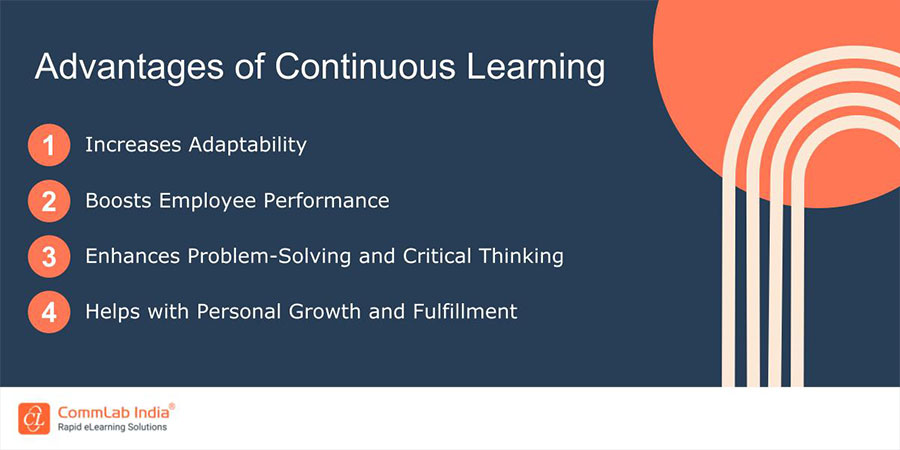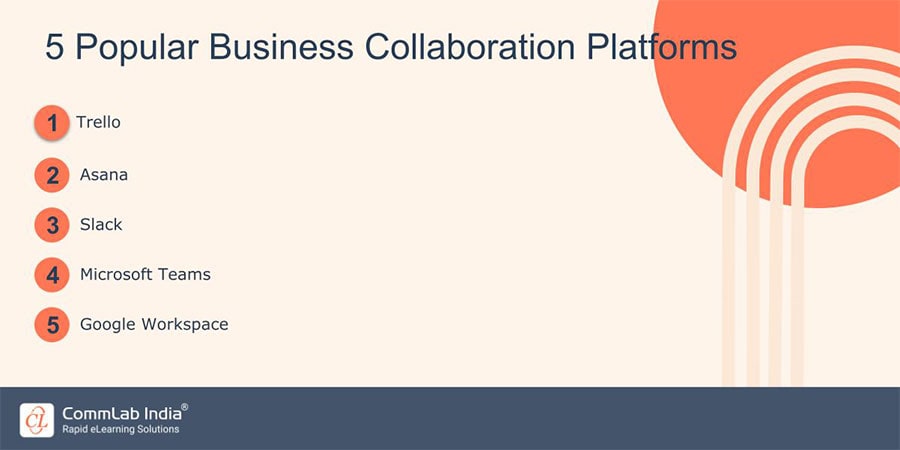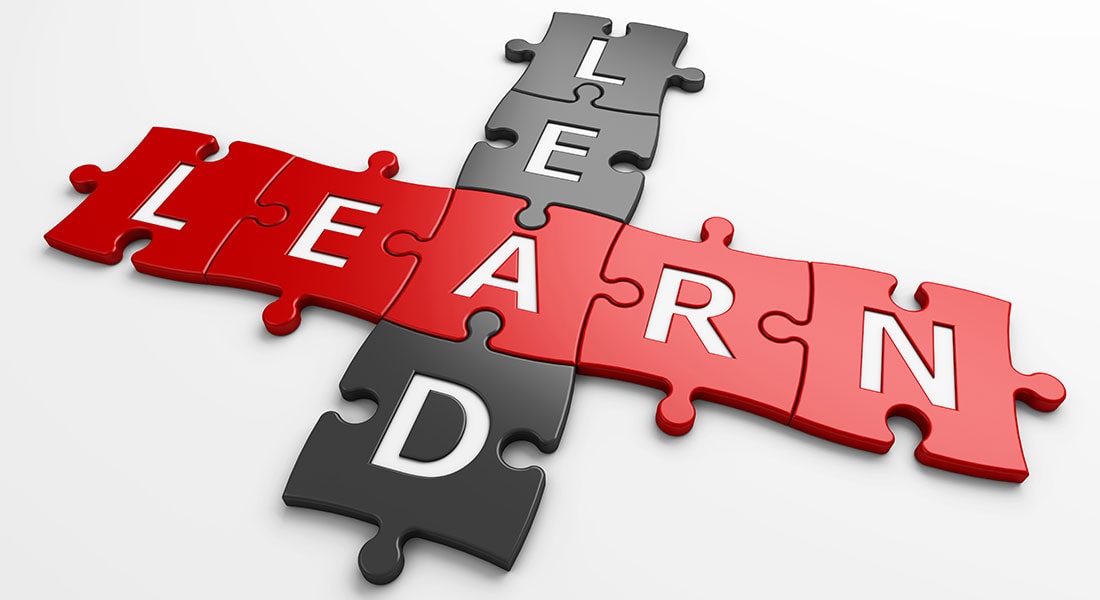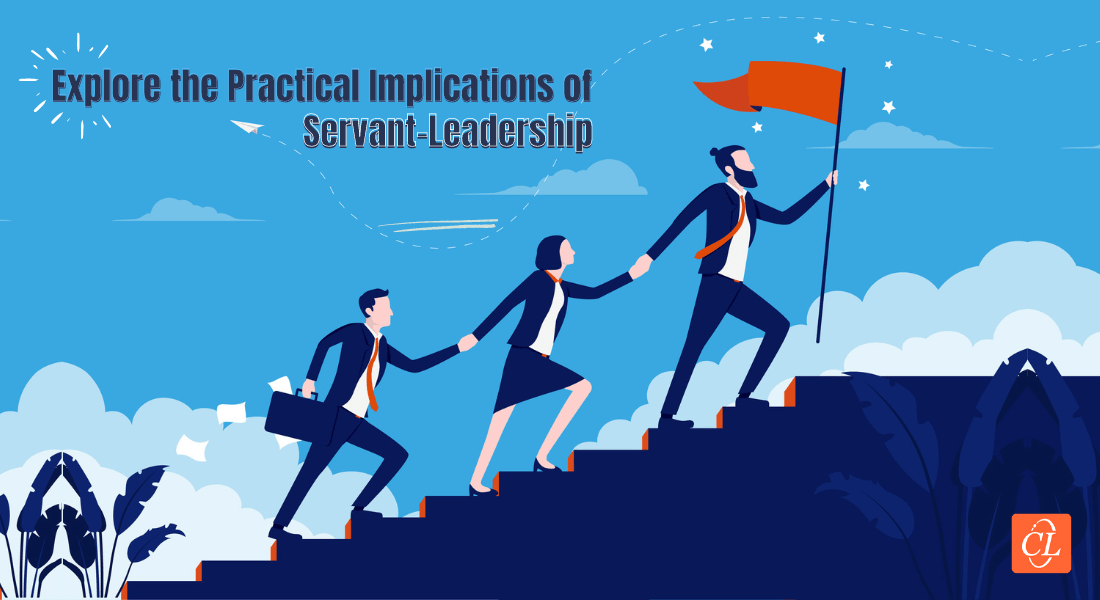Leadership Training Guide — How to Equip Your Leaders for Business Challenges

Leadership is not just about titles or positions. It's the art of influencing and inspiring others to achieve a common goal. Effective leaders guide, motivate, and empower their teams to navigate complex situations and deliver exceptional results. The business landscape is constantly evolving, presenting new challenges. This guide equips your leaders with the skills, knowledge, and mindset to thrive in the face of these challenges. By empowering your leaders, you unlock the full potential of your team and ensure your company remains competitive in a rapidly changing world.
Trying to Equip Your Leaders for Business Challenges? Here’s a Leadership Training Guide!
Here are the various topics this blog covers -
- Why leadership matters today
- What are the key leadership skills
- How to equip skills to your leaders through training modules
- How to leverage technology for leadership
Why Leadership Matters Today?
The business landscape is constantly evolving, presenting new challenges like:
- Economic uncertainty: Volatile markets, fluctuating currencies, and potential recessions demand agile decision-making and resourcefulness.
-
Technological disruption: Rapid advancements in automation, AI, and data analytics necessitate leaders who embrace change and foster innovation.
-
Global competition: Operating in a diverse and interconnected world requires leaders who understand cultural nuances and build bridges across borders.
-
Shifting workforce expectations: This new generation of employees prioritize purpose, flexibility, and personalized development. Leaders need to adapt to these changing expectations.
→ Download Infographic Now: Rapid eLearning for Skill Development
What are the Key Leadership Skills to Overcome Business Challenges?
1. Strategic Thinking
- Vision & Goal Setting: Ability to define a clear vision for the future, set ambitious yet achievable goals, and align team efforts towards them.
-
Critical Thinking & Analysis: Skills to analyze complex situations, identify key trends, and anticipate future challenges.
-
Decision-Making: Ability to make sound decisions under pressure, weigh risks and benefits, and communicate effectively.
2. Communication & Influence
- Clear & Concise Communication: Ability to articulate ideas and messages effectively, both verbally and in writing, to different audiences.
-
Active Listening & Empathy: Skills to truly understand others' perspectives, build trust, and create a safe space for open communication.
-
Persuasion & Negotiation: Effectively influence and persuade others, negotiate win-win solutions, and build consensus.
3. Change Management
- Understanding Resistance: Ability to identify and address potential resistance to change, communicate clearly about the benefits, and foster buy-in.
-
Implementation Strategies: Develop effective strategies for implementing change, manage timelines, and track progress.
-
Adaptability & Flexibility: Ability to adapt to changing circumstances and adjust strategies as needed.
4. Resilience & Adaptability
- Emotional Intelligence: Ability to manage personal emotions, stay calm under pressure, and motivate others during challenging times.
-
Growth Mindset: Embracing challenges as opportunities for learning and growth, encouraging a culture of continuous learning and improvement.

-
Problem-Solving & Creativity: Skills to find innovative solutions to unexpected problems and adapt to unforeseen circumstances.
5. Innovation & Creativity
- Fostering a Creative Environment: Creating a culture that encourages experimentation, risk-taking, and out-of-the-box thinking.
-
Identifying & Recognizing Innovation: Ability to recognize and support innovative ideas, even from unconventional sources.
-
Leading by Example: Demonstrating a commitment to innovation and setting an example for others to follow.
How to Equip Skills to Your Leaders Through Tailored Training Modules?
Equipping your leaders with the skills outlined above requires a well-structured and engaging leadership training program. Here's where the diverse modules within this guide come into play, offering various avenues for personalized development:
- Self-Assessment: The journey begins with introspection. Through tailored assessments, leaders can identify their strengths, weaknesses, and areas for improvement. This self-awareness becomes the foundation for setting individual development goals and charting their learning path. Watch this video to check out 4 assessment formats that are really effective for learning.
- Case Studies & Simulations: Learning by doing is often the most effective method. Immersive case studies and realistic simulations throw leaders into real-world scenarios, allowing them to apply their knowledge and skills in a safe, controlled environment. They can experiment with different approaches, analyze outcomes, and learn from both successes and failures.
- Expert Workshops: Distilling insights from seasoned leaders and industry experts can be invaluable. Engaging workshops facilitated by experienced professionals offer invaluable guidance, practical tips, and real-world examples of successful leadership strategies in action.
- Mentorship & Coaching: Personalized support and mentorship go a long way in accelerating leadership development. Pairing leaders with experienced mentors or coaches provides a safe space for confidential discussions, feedback, and tailored advice, fostering individual growth and problem-solving skills.
- Action Planning: Transforming knowledge into action is crucial. This helps leaders translate their learnings into concrete action plans. They identify specific steps to implement their acquired skills, set measurable goals, and track their progress, ensuring continuous improvement and accountability.
How to Leverage Technology for Enhanced Leadership Development?
Technology is transforming the way we learn and develop. By integrating these advancements, you can create a dynamic and engaging training experience for your leaders:
- Interactive Online Platforms: Gone are the days of static lectures. Immersive online learning platforms offer interactive modules, bite-sized learning content, gamification elements, and assessments that cater to diverse learning styles and preferences. Leaders can access these resources at their own pace, making learning convenient and accessible.
- Leadership Development Apps: Today's leaders are on the go. Mobile apps designed for leadership development offer microlearning experiences, self-reflection prompts, and personalized coaching tips readily available on their smartphones or tablets. This allows them to squeeze valuable learning into their busy schedules.
- Virtual Coaching & Mentoring: Distance is no longer a barrier. Virtual coaching and mentoring sessions offer personalized guidance and support from experts, regardless of location. Leaders can connect with mentors or coaches in real-time, fostering meaningful relationships and receiving targeted advice.
- Gamification & Simulations: Engaging in simulated scenarios and gamified challenges can make learning fun and effective. Leaders can test their skills in a safe environment, receive immediate feedback, and compete with peers in a friendly yet stimulating way, boosting engagement and knowledge retention.
- Collaborative Learning Communities: Building a community of learners within your organization can be incredibly powerful. Online forums, discussion boards, and virtual events allow leaders to connect, share experiences, learn from each other, and support each other's growth, fostering a collaborative and supportive learning environment. Here are a few collaboration platforms to get started.

Wrapping Up!
Leadership is not just a title; it's the engine that drives organizational success. In today's dynamic and challenging business environment, effective leaders are more crucial than ever. Equipping your leaders with the right skills and knowledge is not just an expense; it's an investment in your organization's future. Embrace leadership development as a strategic priority, and watch your leaders transform into catalysts for growth and success. Leadership is all about a suitable mixture of various corporate skills and to hone those skills, rapid eLearning can be extremely helpful. Here’s an infographic to understand how you can work on skill development with the help of rapid eLearning.



![Role of Leadership Training in Creating Successful Leaders [Infographic]](https://blog.commlabindia.com/hubfs/blogs/leadership-training-builds-successful-leaders-info.jpg)

